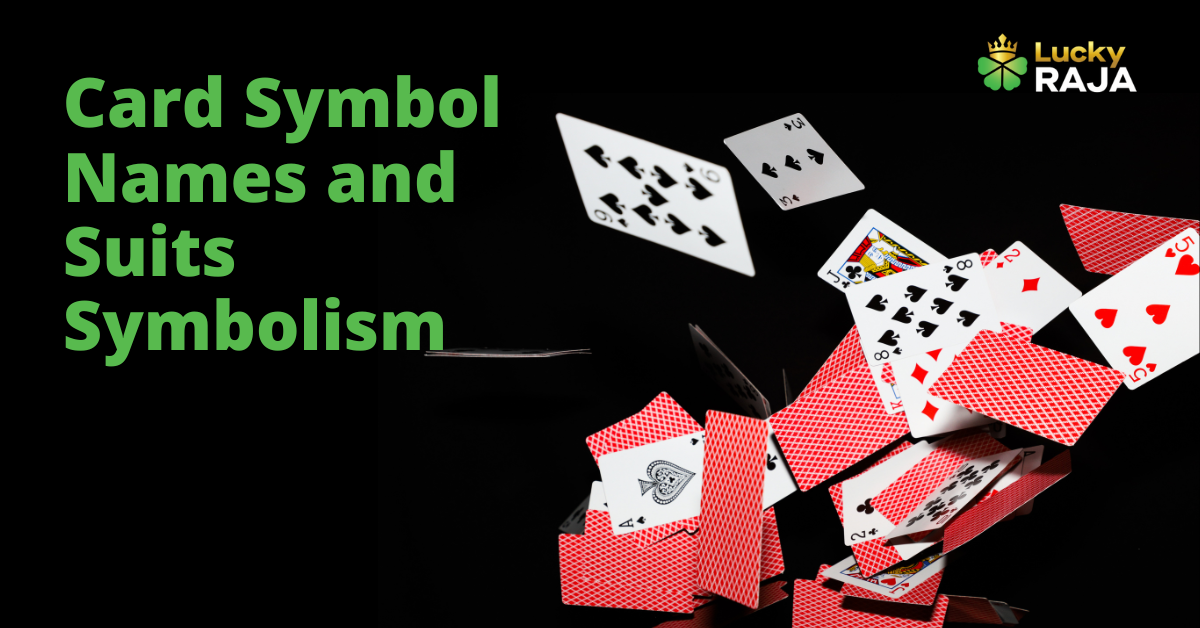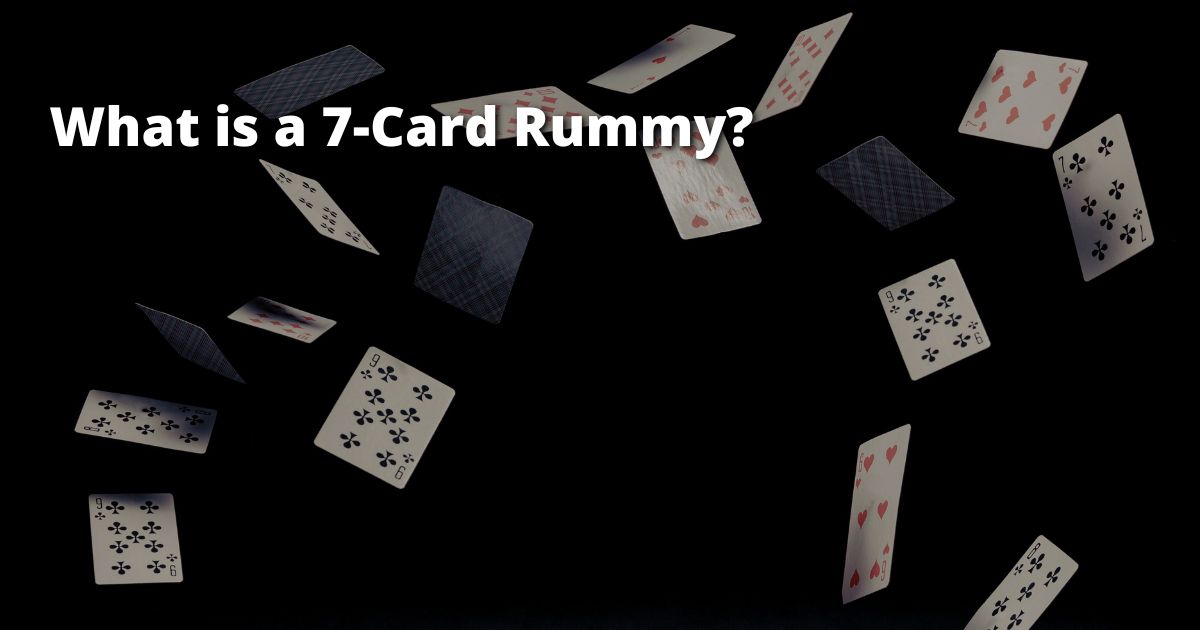Discover Who Invented Rummy with a Fascinating Story. Rummy is one of the most beloved and widely played card games across the world. Whether you’re playing it casually with friends or competitively online, the game has stood the test of time. But have you ever paused to wonder who invented Rummy? The story of Rummy’s origin is just as captivating as the game itself.
In this article, we’ll take a deep dive into who invented Rummy, explore its various theories, trace its evolution across cultures, and even compare different versions of the game. Get ready for an insightful and entertaining journey into the past!
Before we explore who invented Rummy, let’s first understand what makes the game so special. Rummy is a group of matching-card games that involve forming sets and sequences. The basic objective is to improve one's hand by drawing and discarding cards. This continues until a player forms a valid hand and declares the game.
Rummy is easy to learn, yet it requires strategic thinking, planning, and observation skills. This balance between simplicity and depth is what keeps players coming back for more.
The most widely accepted theory about who invented Rummy traces the game back to Conquian, a card game that originated in Mexico in the 19th century. Conquian is believed to be the ancestor of all modern Rummy games. It used a 40-card Spanish deck and involved melding cards into sets, just like today’s Rummy.
Historians suggest that Conquian spread northward into the United States, particularly through California, during the gold rush. As it mingled with American gaming culture, Conquian evolved into what we now recognize as Rummy.
Another interesting theory claims that who invented Rummy could be traced back to ancient China. The game of Mahjong, which also involves drawing and discarding tiles to form winning combinations, shares striking similarities with Rummy.
Some researchers argue that Mahjong may have inspired Rummy through trade and cultural exchange between China and the West. However, there is less concrete evidence to support this theory compared to the Conquian origin.
There are also claims that who invented Rummy could be linked to Europe, particularly Spain and Germany. Games like Rommé in Germany and Rum in Spain had rules that are remarkably similar to Rummy. These European versions might have developed independently or as variations of Conquian brought over by travelers and traders.
The name “Rummy” itself may have derived from the word “Rum,” which was British slang for “odd” or “peculiar,” possibly referring to the game's unique style of play.
| Period |
Region |
Key Development |
| Early 1800s |
Mexico |
Conquian, considered the first Rummy variant |
| Mid-1800s |
United States |
Conquian adapted into American Rummy |
| Late 1800s |
Europe |
Games like Römme and Rum gain popularity |
| Early 1900s |
China (indirect) |
Mahjong inspires melding-style card games |
| 20th Century |
Worldwide |
Variants like Gin Rummy, Indian Rummy evolve |
| 21st Century |
Online Platforms |
Digital versions become widely popular |
This table provides a quick glance into how the answer to who invented Rummy is layered and global in scope.
Once we start exploring who invented Rummy, it becomes evident that the game took different shapes in various regions:
- Gin Rummy (USA) – A two-player version focusing on speed and simplicity.
- Indian Rummy – A 13-card version popular in India, often played with cash prizes.
- Kalooki (Jamaica) – A complex variation involving jokers and multiple rounds.
- Oklahoma Rummy – A mix of Gin and traditional Rummy rules.
- Canasta (Uruguay) – A version involving partnerships and big melds.
These variations show how Rummy has adapted to fit local cultures and preferences over the decades.
One of the reasons it’s difficult to say definitively who invented Rummy is because card games naturally evolve over time. They adapt based on geography, language, and cultural influences. It’s possible that similar games emerged independently in different parts of the world.
Also, written records on card games from the 19th century and earlier are scarce or vague, making it hard to trace the exact origin with certainty.
Today, asking who invented Rummy might seem less relevant to a new generation of players who are discovering the game online. Mobile apps, gaming websites, and cash tournaments have redefined how Rummy is played and perceived.
Online platforms now offer:
- Instant games with real players
- Cash rewards and bonuses
- Variants from different cultures
- Tournaments with global participation
Thanks to technology, Rummy has not only survived but thrived. And while we may debate who invented Rummy, we can all agree that the digital era has taken the game to new heights.
- Rummy is banned in a few countries where gambling laws are strict, even though it is widely recognized as a skill-based game.
- Celebrities like Humphrey Bogart were known to enjoy Gin Rummy during movie shoots.
- The game is often used to teach kids pattern recognition and memory skills.
So, who invented Rummy? While we may never have a single name or nation to credit, the consensus points toward Conquian from Mexico as the most probable origin. Over time, cultural adaptations and influences from China and Europe shaped the Rummy we know today.
What makes Rummy truly special is that it doesn’t belong to any one place—it’s a global card game, built on centuries of fun, strategy, and shared experiences. Whether you play it at a family gathering or in a competitive tournament, you’re part of a tradition that spans the world.
Now that you know who invented Rummy, why not share the story with your friends the next time you shuffle the deck?











__1737554168-0.jpg)





